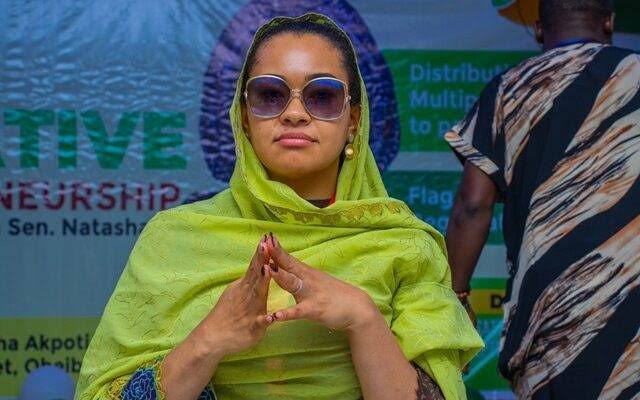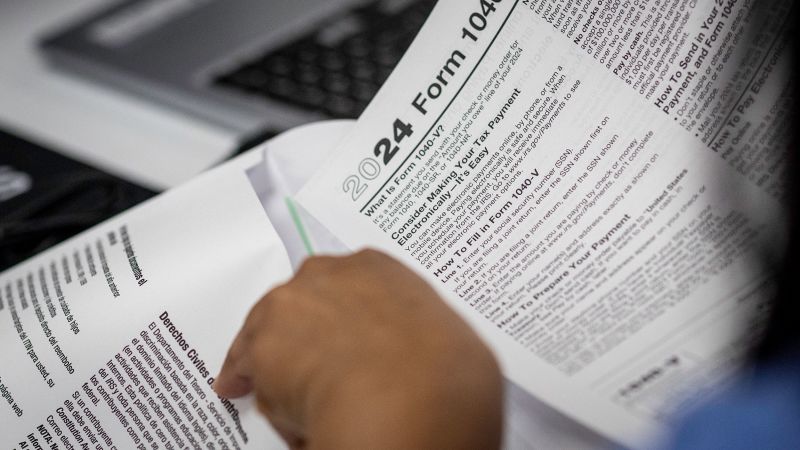Most debit cards in Nigeria are contactless-enabled, but trust issues and lack of awareness continue to hold back the adoption of over 70 million of such cards. This was the central theme of conversations at BusinessDay’s Future of Payment Conference 2025. Visa, Verve, and Mastercard dominate Nigeria’s debit card market.
In 2024, Verve said it had issued 70 million cards in the country. According to Statista, Mastercard was the most popular for credit and debit cards in Nigeria, and about 27 percent of cardholders in the country had a Visa card in 2023. Most of these cards are contactless-enabled, Ugo Obasi, chief commercial officer, Nigeria Inter-Bank Settlement Systems (NIBBS) and executive director at AfriGO Pay Financial Services Ltd, disclosed.

He said contactless payment, which used to be futuristic, is now a necessity. However, he noted that a lack of consumer trust in the technology is holding it back. Obasi, who was representing Premier Oiwoh, the chief executive officer of NIBSS PLC, stated, “The rise of contactless payment is reshaping our financial landscape.
Contactless payment, which was once a futuristic component, is now a necessity that is accelerating commerce, ensuring security, and transforming the global payment system.” According to Frank Aigbogun, publisher at BusinessDay, contactless payments are the gateway to seamless transactions and are necessary to ease how people and businesses move money. Read also: eTranzact surpasses Q1 profit target with N830.
2m The Central Bank of Nigeria (CBN), in its ‘Contactless Payments Guidelines,’ released on June 27, 2023, defined contactless payment as any financial transaction that occurs without physical contact between the payer and the acquiring devices. It highlighted that it is an innovative payment option for the safe and efficient conduct of low-value and large-volume payments. Despite the ease that it offers, Kelechi Okwuriki, head of payment processing at Nomba, noted that customers are scared of what will happen if someone takes their cards or phones.
“We need to consider customisation on the consumer’s end,” he said. According to Damilola Salawu, partner at Olaniwun Ajayi LP, awareness is important to letting people know that technology is safe for transactions. “As we look towards contactless payment, we should look at how to assure users that the technology is safe,” he said.
“There is a need to incentivise people to use contactless payments.” According to Ifeanyi Uzoka, senior business development manager at Palmpay, partnership will be key to the success of contactless payments. “No single entity can, in isolation, offer contactless payment.
For any payment, there needs to be a partnership, hence, it is at the centre of payment.” Ayomide Kolawole, engineering manager, card payments at Moniepoint Inc., highlighted that market readiness is holding back contactless payments.
“There are not a lot of NFC-enabled devices, which is a major problem.” Read also: CBN fines Paystack ₦250m fine over Zap wallet operations Emmanuel Ojo, MD/CEO of Redtech Limited, echoed this, saying, “The payment tool, which is the card and acceptance tool, has to be NFC-enabled,” he said. However, Francis Ogbuka, vice president of sales and business development at Zone, disagreed, noting, “We are ready for contactless payment because Nigeria has the right demography and regulatory backing for this.
” The experts argued that Nigeria’s digitally active youths, between the ages of 18 to 35, could become the major drivers of contactless payment transactions. Salawu of Olaniwun Ajayi LP noted, “The age group between 18-35 is digitally active and the demographic will be the one to jumpstart contactless payment.” Nigeria has a median age of 18, most of whom are active on the internet, social media and their mobile devices.
According to Kolawole of Moniepoint, this generation enjoys the adoption of new technologies and contactless payments won’t be any different. In a recent blog post, Adedeji Olowe, founder and CEO of Lendsqr, emphasised that contactless payments could revolutionise Nigeria’s payment system with their speed and convenience. He, however, noted that adoption remains slow due to regulatory gaps, trust issues, and limited infrastructure.
“To overcome this, banks should partner with high-traffic merchants and launch campaigns to showcase the ease of tap-and-go payments. With the right push, contactless transactions could become mainstream, driving a significant boost in cashless payments across the country,” he said. Edward Onyenweaku, chief risk officer at eTranzact, added that security concerns need to be addressed for contactless payment to work.
“No system is 100 percent secure, but we have to make it harder for hackers,” he said..
Technology

Nigeria’s over 70m contactless cards unused over trust concerns

Most debit cards in Nigeria are contactless-enabled, but trust issues and lack of awareness continue to hold back the adoptionread more Nigeria’s over 70m contactless cards unused over trust concerns















